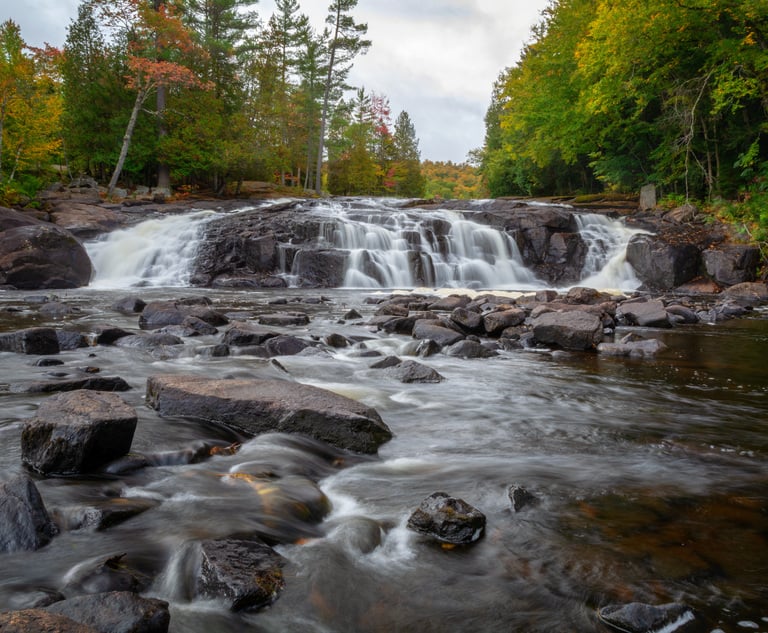In a recent (May 6, 2019) NJLJ op-ed article, a lawyer noted that he “heard that demographic characteristics influence judicial nominations.” He further explained that “most judicial nominations derive from political connections” and that they are “reinforced by political contributions.” He cites a 2017 article by state Sen. Kevin O’Toole as his source. He complains that the process permits substandard attorneys to ascend to the bench, and he suggests a qualifying test to assess the applicant’s knowledge of the law, intellect and preparedness. This somewhat jaded view of the appointment process requires a brief answer from this board, which has several former members of the judiciary and practitioners intimately aware of the appointment process.
Yes, the process is political, in that the governor must nominate a prospective judge, and the Senate must confirm the nominee. And we know that the nominee’s home county’s senators have a virtual veto power in a practice known as senatorial courtesy, usually holding a nominee until another candidate a senator wants on the bench is advanced. By practice, no more than a bare majority of the county’s judges can be members of the same political party. The senators, county political chairs, bar associations and civic groups all suggest names for consideration. Bar committees, as representative of the attorneys who will have to appear before the applicant, if appointed, hold hearings and present their views of the very factors that the proposed testing would explore.


 Credit: Andrey_Popov/Shutterstock.com
Credit: Andrey_Popov/Shutterstock.com




